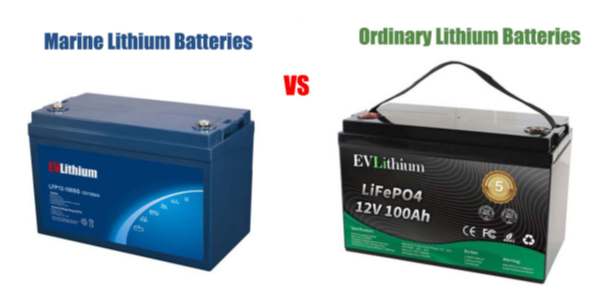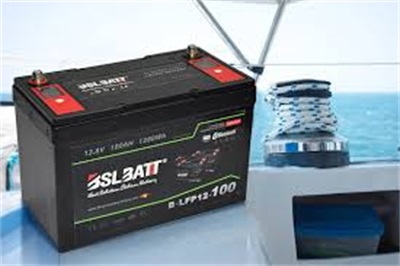How to Guarantee the Waterproof Performance of Marine Lithium Batteries
How to Guarantee the Waterproof Performance of Marine Lithium Batteries
The Importance of Waterproof Lithium Batteries in Marine Applications
Marine environments are notoriously harsh, exposing equipment to saltwater, moisture, and extreme weather conditions. In such settings, reliability is paramount. Lithium batteries have emerged as a popular choice for marine applications due to their lightweight properties and superior energy density. However, ensuring their waterproof performance is crucial to avoid the dire consequences of water damage, which can lead to battery failure and, in turn, jeopardize the entire marine operation. Understanding how to maintain and enhance the waterproofing of lithium batteries can make a significant difference in their longevity and reliability.
Selecting Waterproof and Corrosion-Resistant Batteries
When choosing lithium batteries for marine use, it's essential to prioritize those designed specifically for maritime environments. Look for batteries that are rated for waterproofing, usually classified with an IP (Ingress Protection) rating of at least IP67 or higher. This rating indicates that the battery can withstand immersion in water for a specified duration and depth. Additionally, ensure that the battery casing is made of corrosion-resistant materials, such as high-quality plastic or aluminum, to withstand saline conditions. Investing in a reputable brand known for its reliability in marine applications will further ensure the quality of waterproof features.
Proper Installation Techniques
.jpg)
The way lithium batteries are installed can significantly impact their waterproof performance. Ensure that sealed connectors are used to prevent water ingress at electrical junctions. Additionally, implementing a proper mounting system that secures the battery and allows for drainage can minimize water accumulation around the battery's housing. Utilizing vibration-resistant mounts can also help protect the battery from the harsh movements typical in marine environments, ensuring longevity and maintaining waterproof integrity.

Periodic Maintenance and Inspection
Regular maintenance and inspection play a vital role in ensuring the waterproof performance of marine lithium batteries. Schedule routine checks to assess the condition of battery casings, connectors, and wiring. Look for any signs of wear, corrosion, or cracks that may compromise waterproof features. Cleaning the battery terminals and connections with a corrosion inhibitor can also help maintain their integrity. If you notice any abnormalities or degradation, address them promptly to prevent further damage.
Utilizing Battery Management Systems (BMS)
Implementing a Battery Management System (BMS) can enhance the performance and lifespan of marine lithium batteries significantly. A BMS effectively monitors the conditions of the battery, including temperature, voltage, and state of charge. By proactively managing these factors, it helps prevent situations that could compromise the battery’s waterproof performance. In addition, a BMS can provide alerts for potential issues, allowing for timely intervention before problems escalate.
Conclusion: Ensuring Longevity and Performance
Guaranteeing the waterproof performance of marine lithium batteries requires a multifaceted approach, from selecting the right product to proper installation, routine maintenance, and utilizing advanced management systems. By following these guidelines, marine operators can ensure their lithium batteries remain resilient against the elements, resulting in reliable power solutions for all of their marine adventures. With the right precautions, marine lithium batteries can deliver exceptional performance without the worry of water damage.

